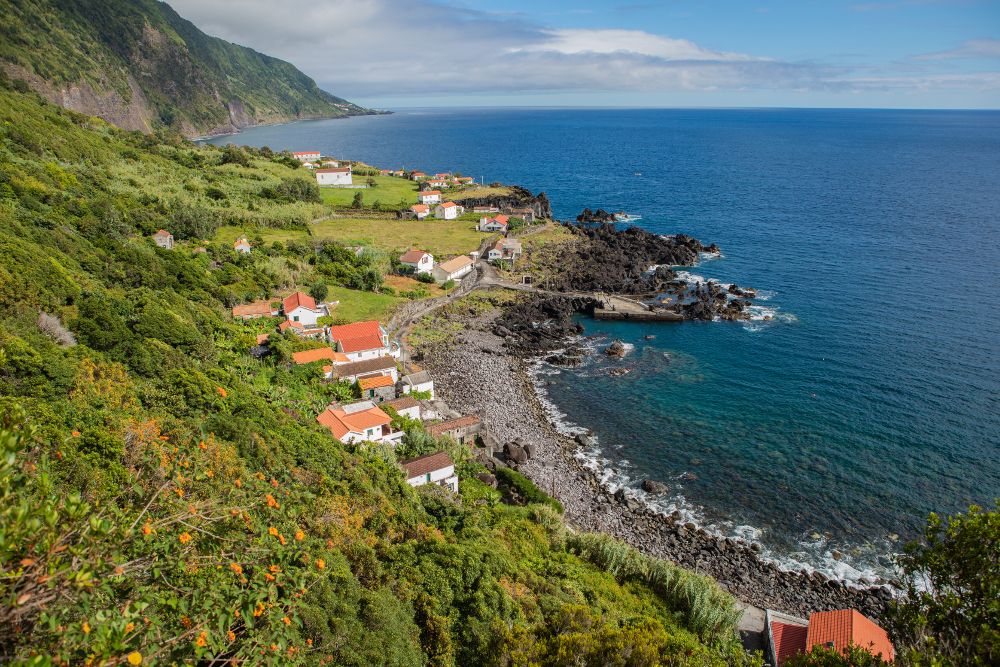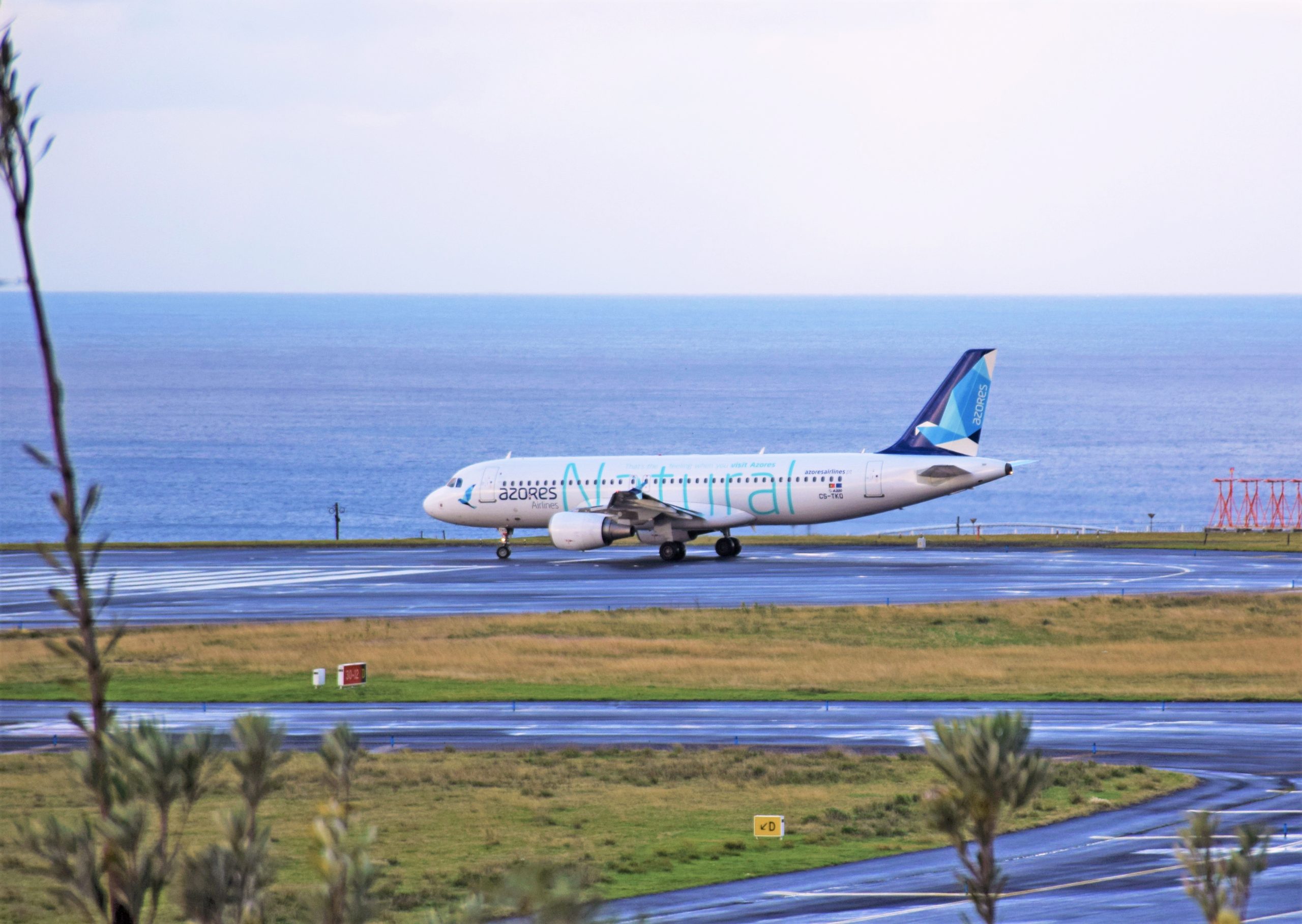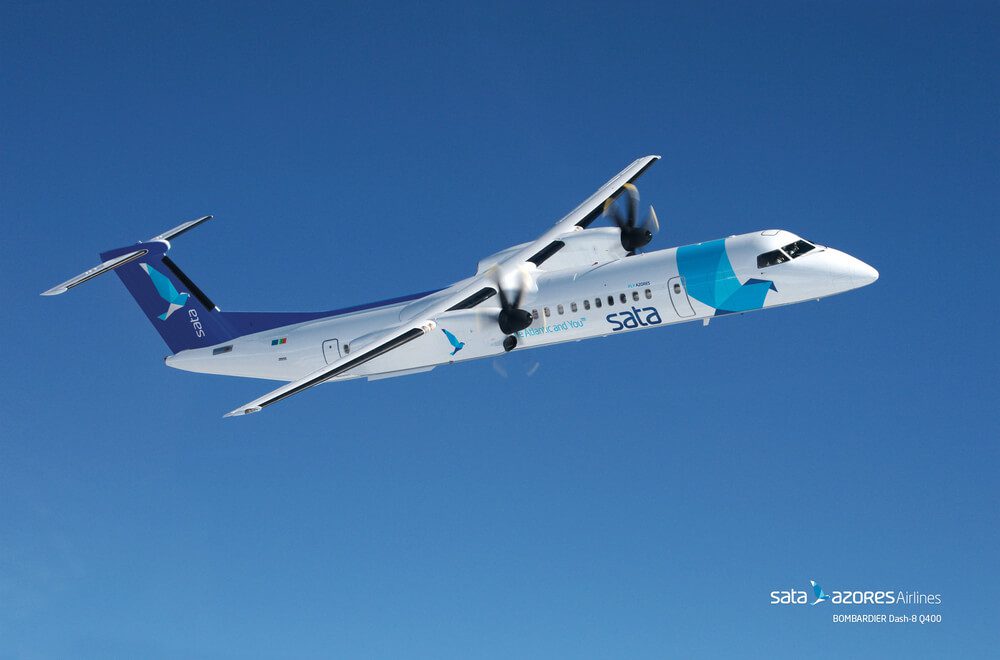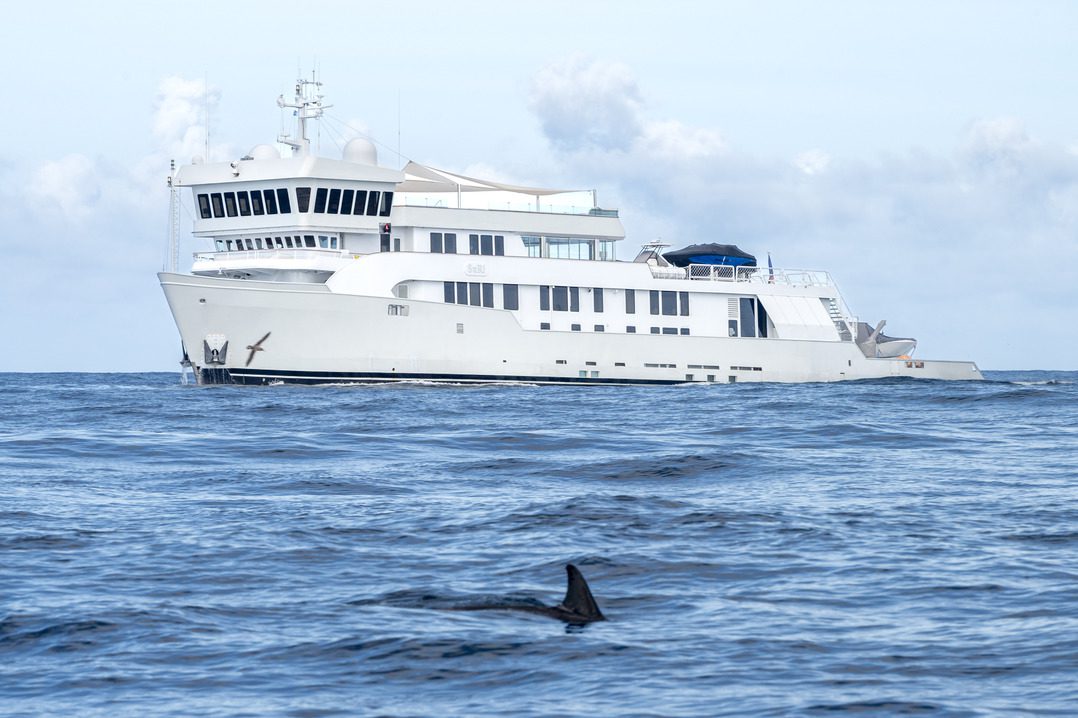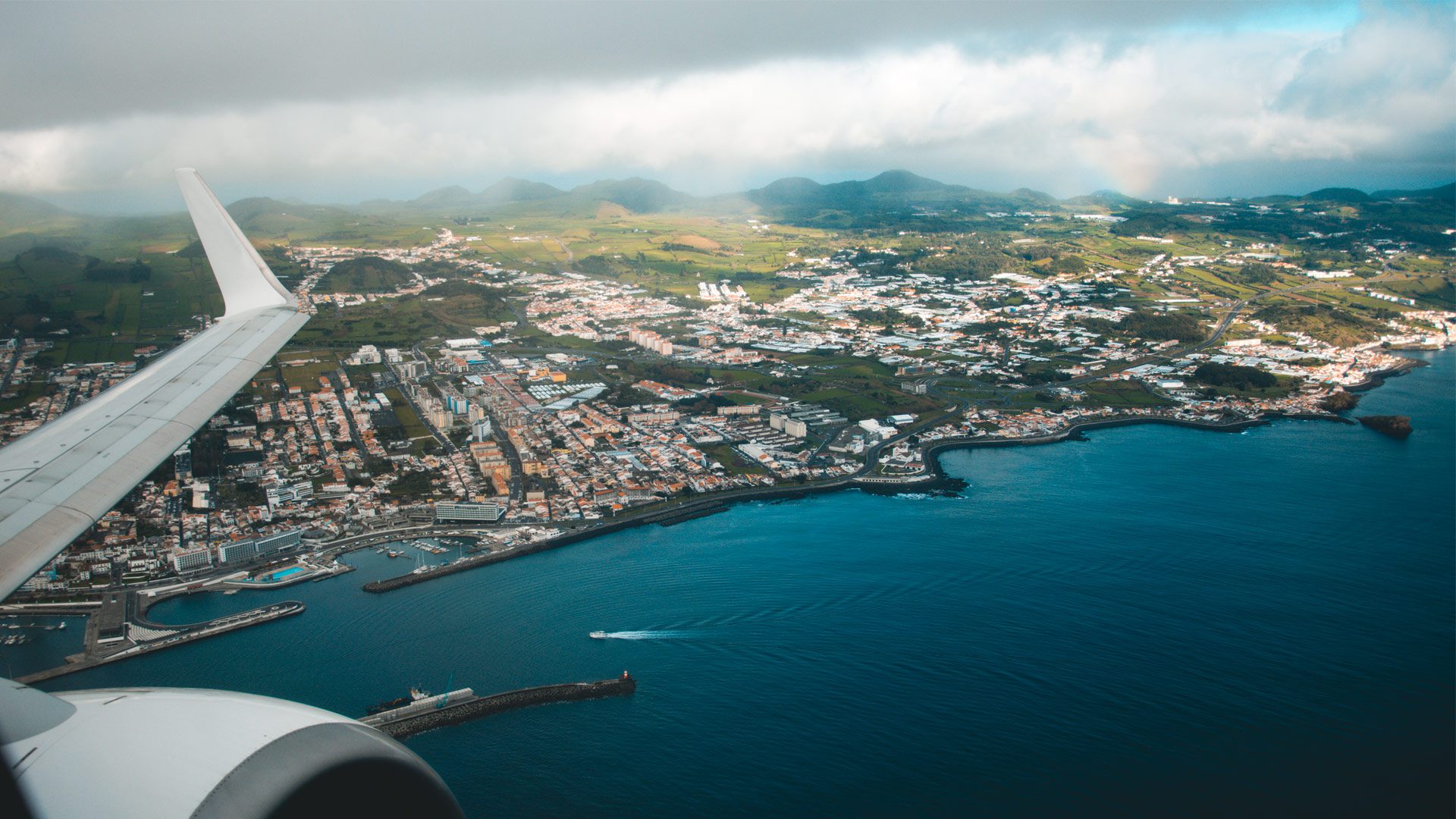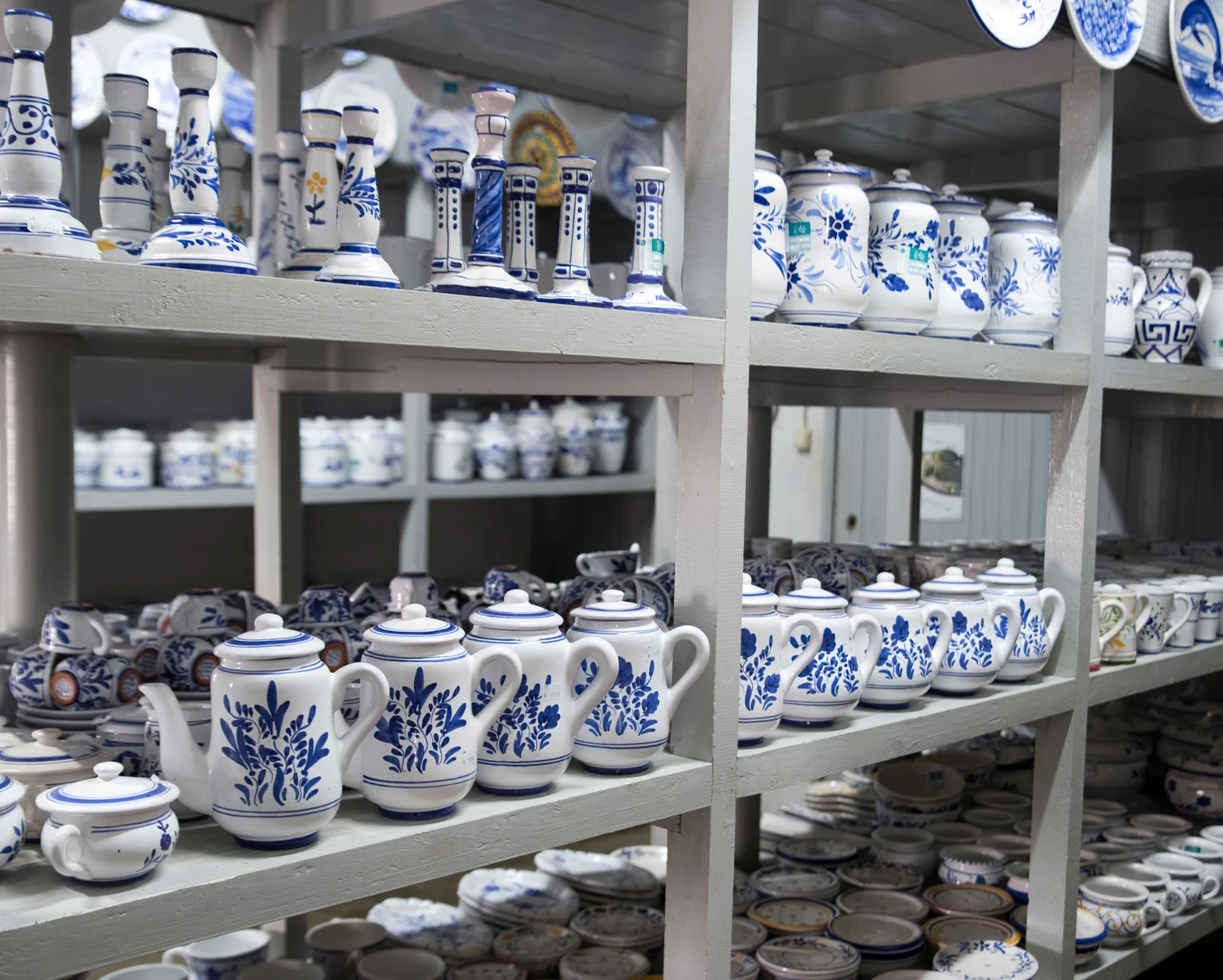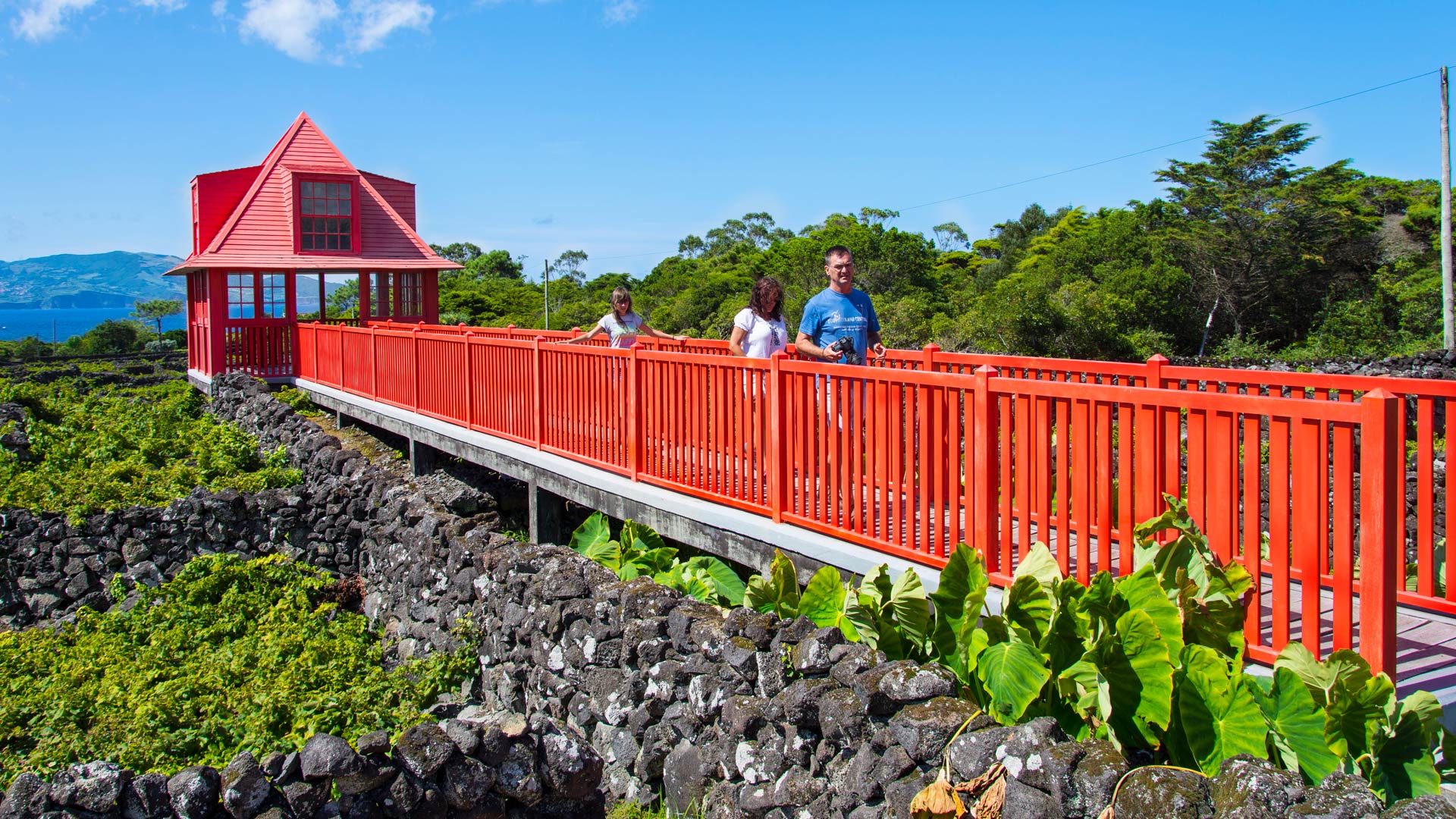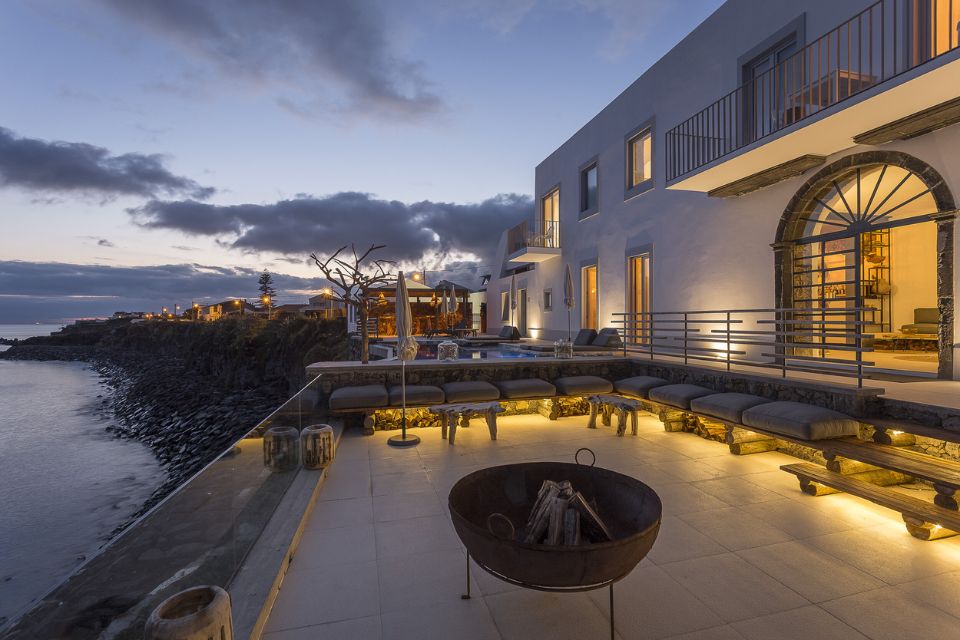The Azores Archipelago is part of Portugal, and as such, the currency in circulation is the euro (€), the same currency used in several European countries like Spain, Italy, France, and Germany.
The coins used in daily transactions are €0.01 (1 cent), €0.05 (5 cents), €0.10 (10 cents), €0.50 (50 cents), €1, and €2. The banknotes in circulation are €5, €10, €20, €50, €100, €200, and €500.
If you need to exchange currency, you can visit ATMs at banks, supermarkets, and on various streets in the cities of the Azores. You may have to pay an exchange fee, so it’s advisable to check with your bank before withdrawing money.
Some places on the islands may not accept American Express or Discover cards, unlike Visa and Mastercard, so always check before paying. Additionally, always carry cash (€), since some stores and restaurants refuse card payments.
FAQs
The Azores use the euro (€), like other European countries such as Spain, Italy, and France. Coins range from €0.01 to €2, and banknotes range from €5 to €500.
Yes, you can exchange foreign currency at ATMs, in banks, and in supermarkets and cities. Be aware of potential exchange fees, so it’s best to check with your bank before making withdrawals.
American Express and Discover cards are not as widely accepted as Visa or Mastercard in the Azores. It’s a good idea to carry some cash for places that don’t accept cards.
Yes, it’s recommended to carry cash (€), as some stores and restaurants in the Azores (especially on the smaller islands) may not accept card payments, especially in more rural areas.





